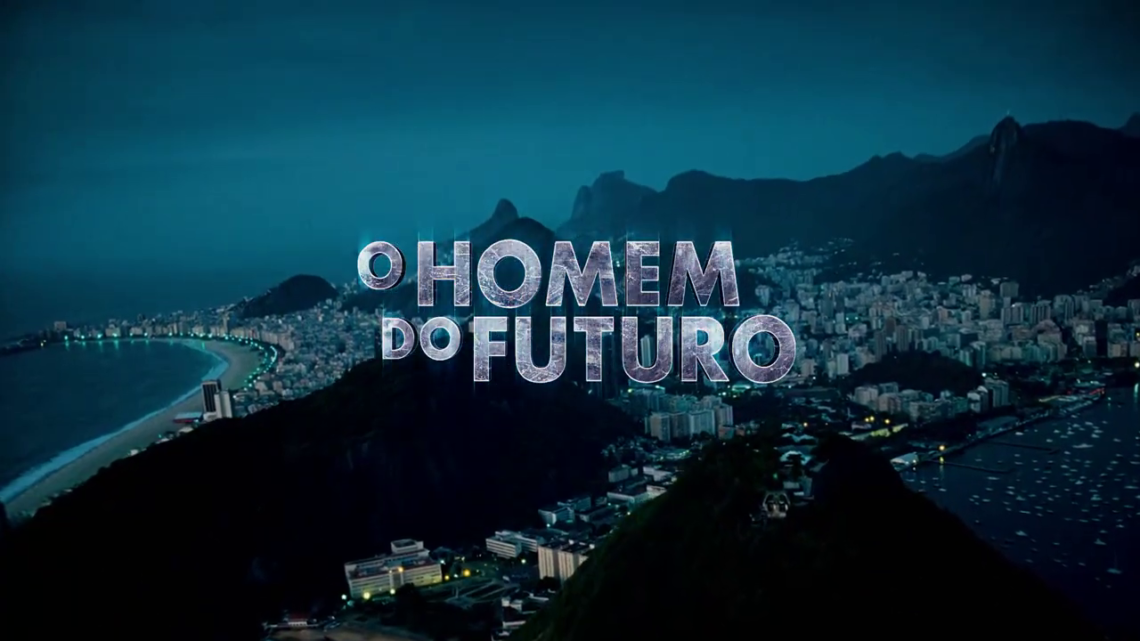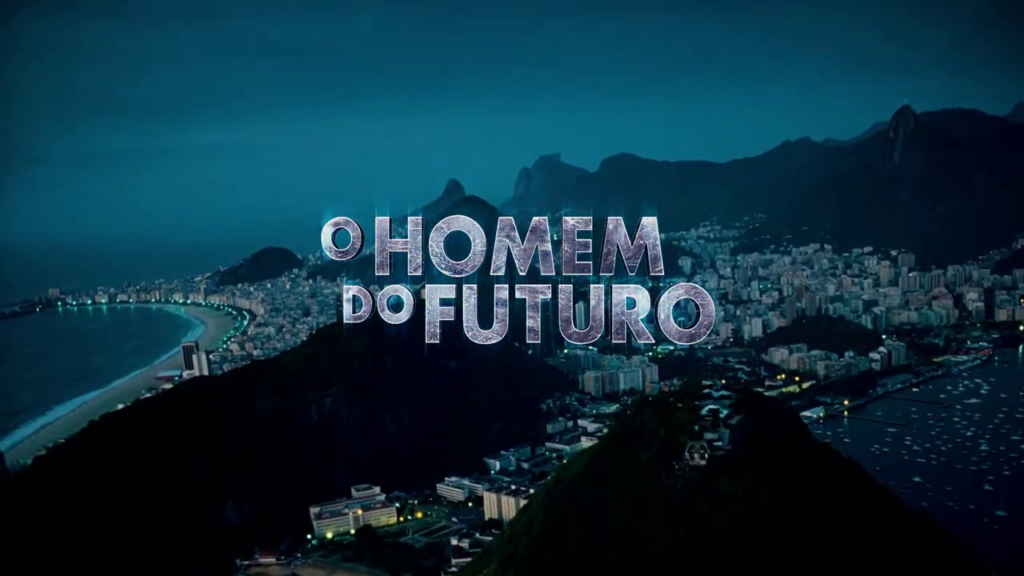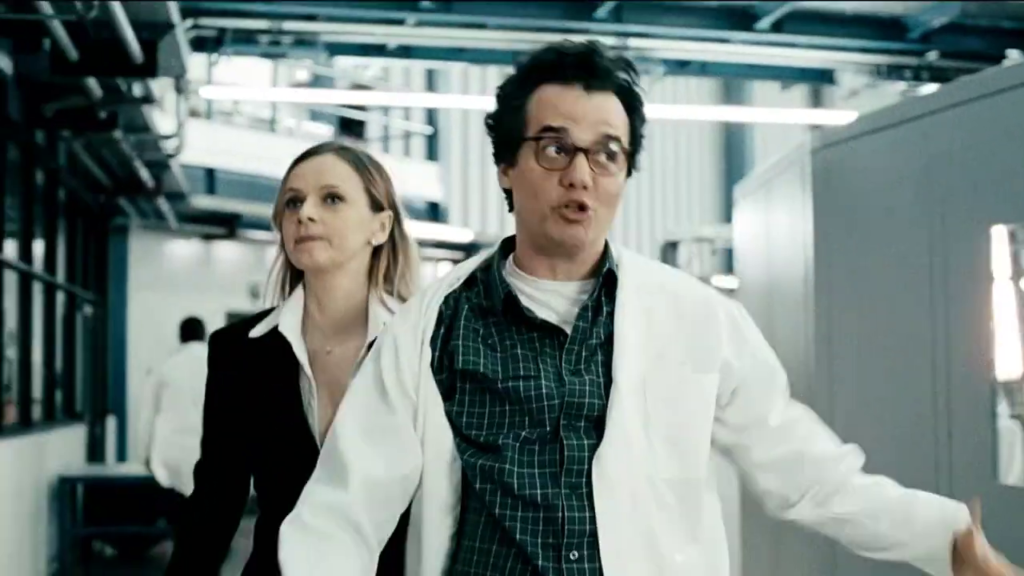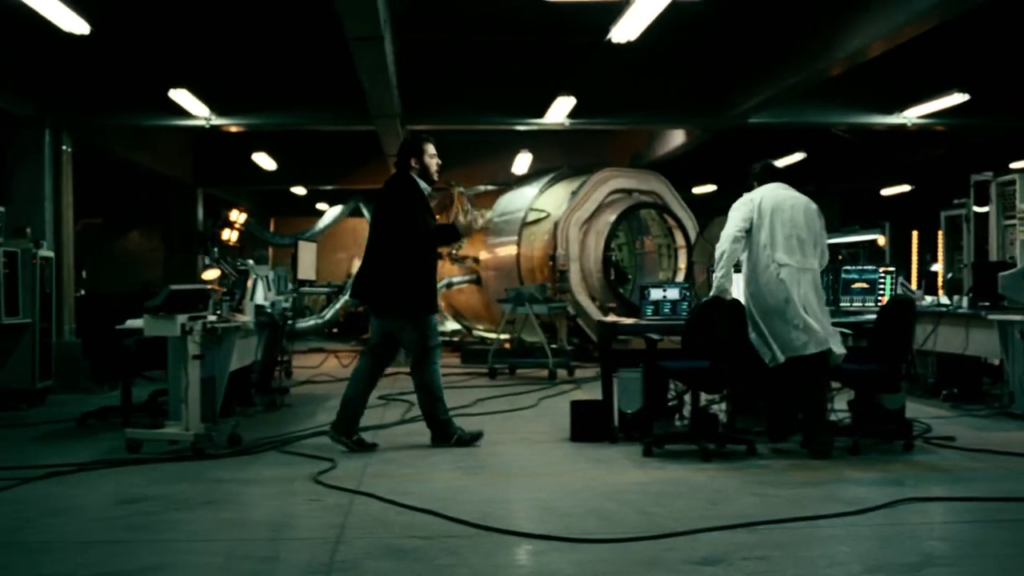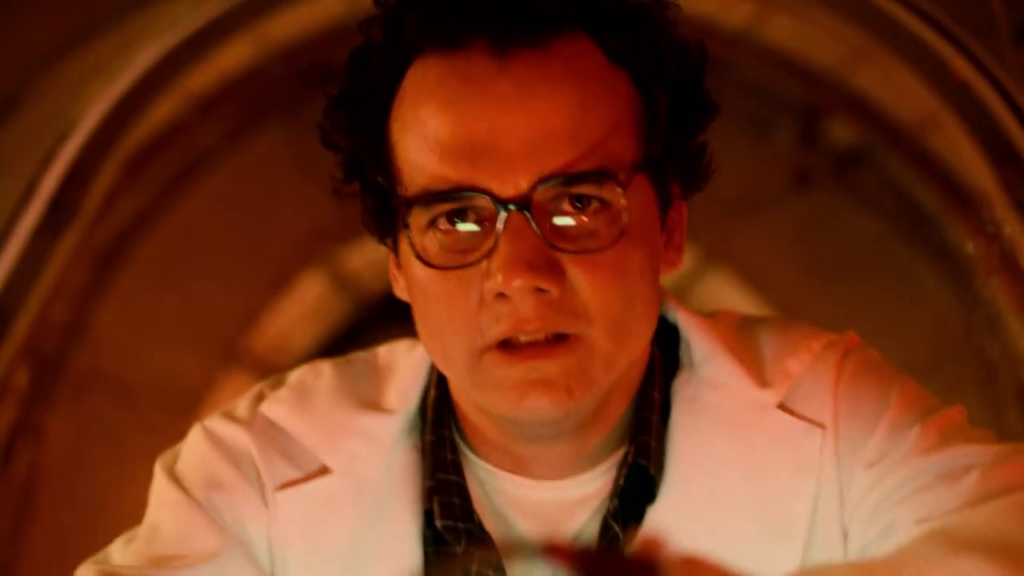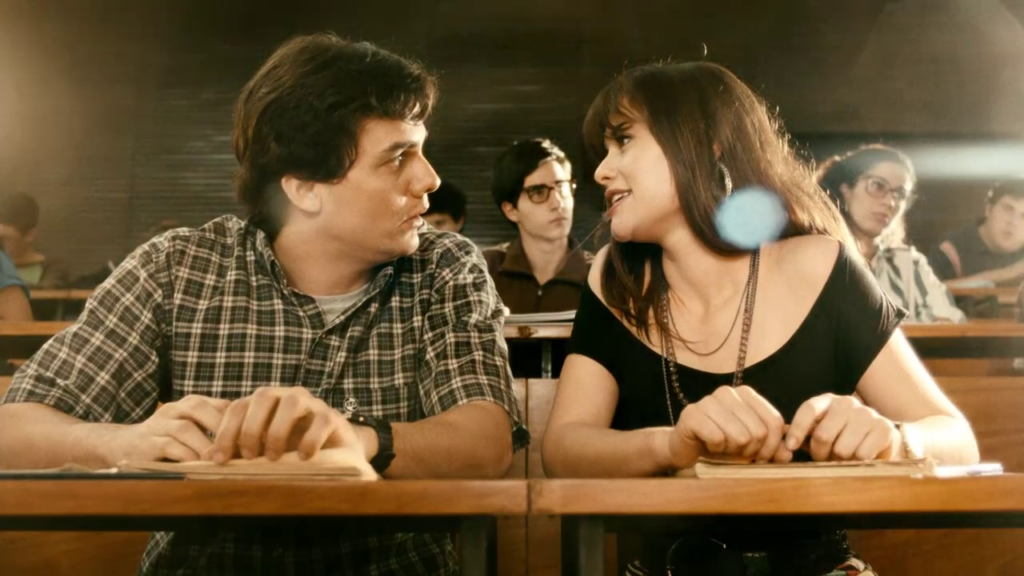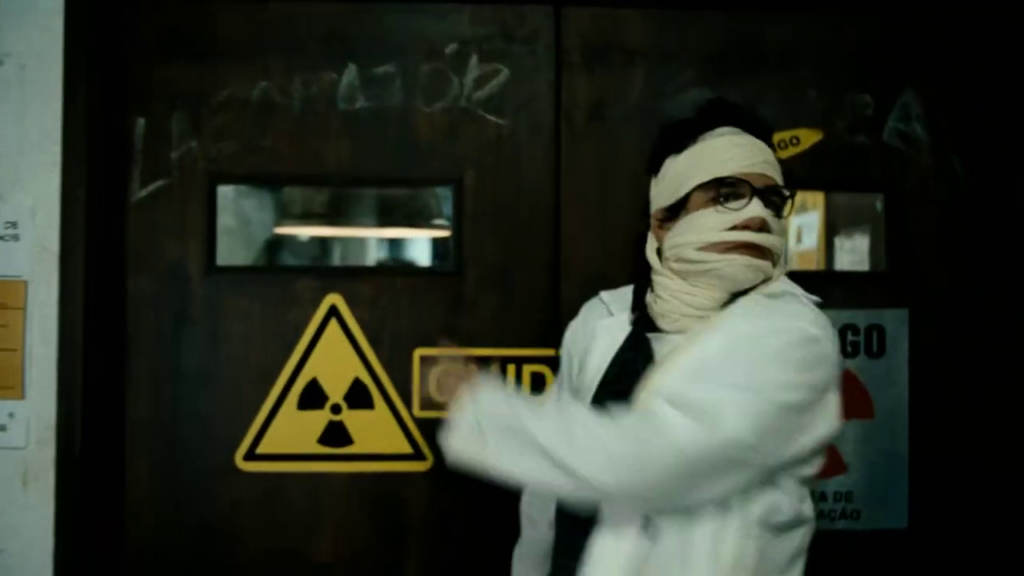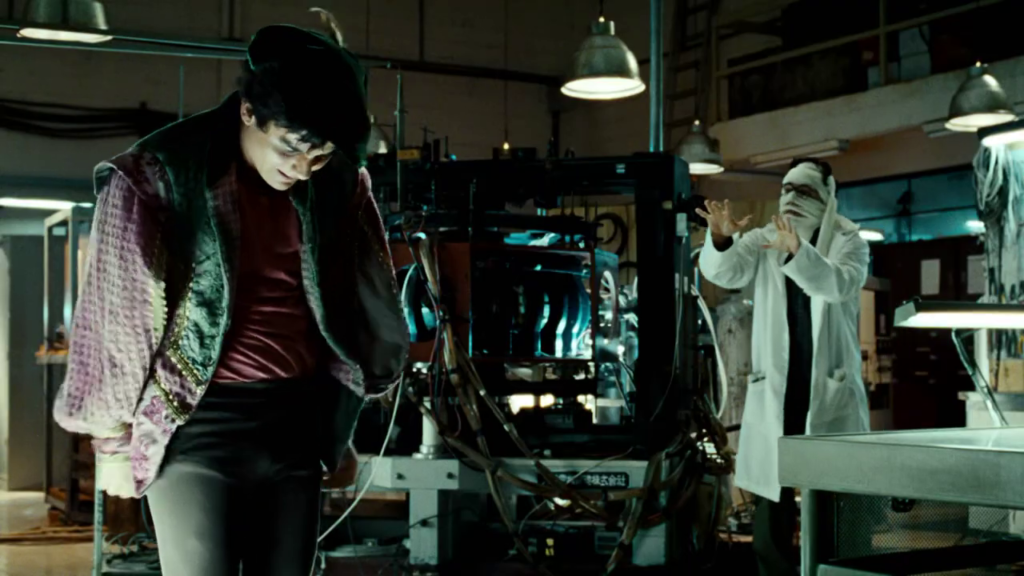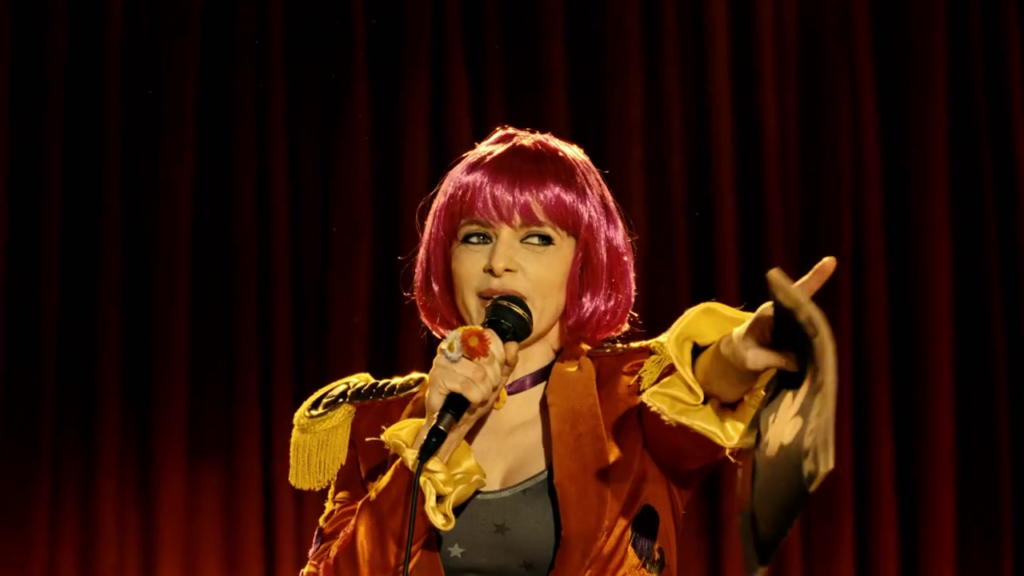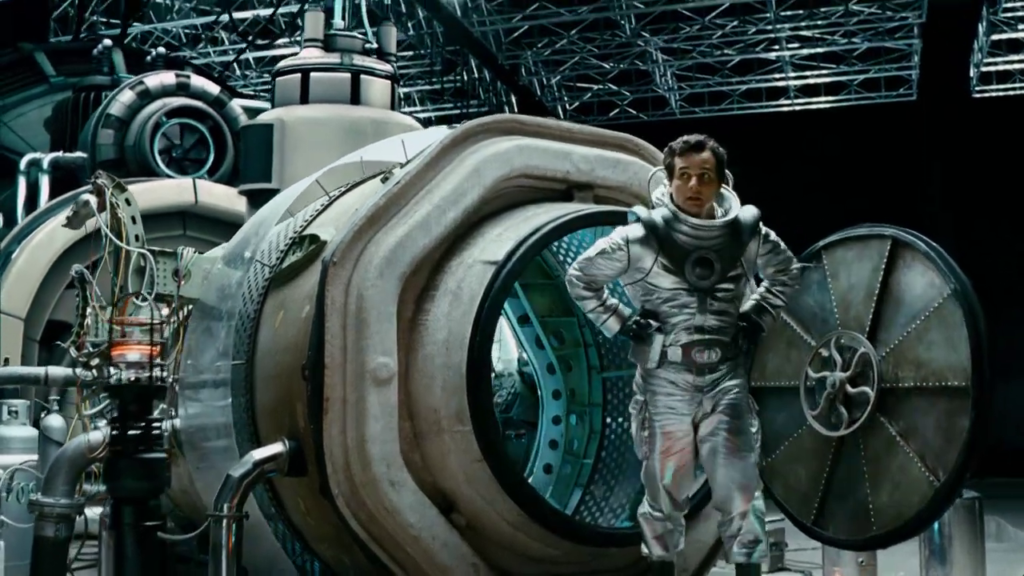-
#476 – Man From the Future (2011)
Man from the Future (2011)
Film review #476
Director: Cláudio Torres
SYNOPSIS: João Henrique, nicknamed “Zero” is a renowned scientist, who is attempting to develop a new infinite source of energy. When he activates his experimental machine, he accidentally finds himself transported back in time to 1991…on the day the love of his life dumped him. Determined to change what happened that day, he goes about trying to change the events that unfolded, but his meddling turns out to have unintended consequences, and manages to complicate his life in ways he never even imagined…
THOUGHTS/ANALYSIS: Man from the Future (O Homem do Futuro) is a 2011 Brazilian sci-fi comedy/romance film. The film opens up with João “Zero” Henrique, a physicist, about to test a machine that will hopefully create an unlimited new source of energy for the planet. To prove that it is safe, he sits himself at the centre of the machine. However, something unexpected happens, and Zero wakes up in the year 1991, on the day his life changed forever: it is the graduation dance, and Zero is unceremoniously humiliated and ditched by the love of his life; an event that defines his life from that point. Desperate to change what happened, Zero goes to find his younger self and convince him to do things differently. In a very expected and familiar story, he changes events in his own past, which leads to a lot of unintended consequences that makes things a lot worse in the present. The story is obviously fairly typical for a time travel film; with going back to the past altering the future in unanticipated ways. The film is split into a typical three-act structure between going back to 1991, the altered present, and back to 1991 again, and the structure helps stop things from getting confusing. On the other hand, there’s not too much unique that the film offers by playing it so safe. The film obviously (and like most time travel films) takes some cues from Back to the Future, but Man from the Future really strays into copying in some respects; in particular, the key setting of the film being a graduate dance as the turning point in the characters lives. The mixture of sci-fi, romance and comedy feels a bit uneven at times, and it wanders a bit loosely between them as a number of issues are thrown up that never seem to be resolved. For example, there’s a side-issue about trying to prove that “love is a fundamental part of the universe” that gets mentioned, but nothing is ever really done about it.
Zero, the main character, is a bit of a flawed protagonist: his life is constantly overshadowed by being humiliated and ditched by his first love Helena at their graduation dance, and it still impacts him over twenty years later. Nevertheless, he is a professor, and has loads of funding for his research, so it’s hard to feel too sorry for him in that regard. You do see his character change as he realises his meddling in the past only made things worse, and he becomes determined to set things right, making him a more likeable character by the end. Helena as Zero’s love interest doesn’t really have too much character other than said love interest, but her acting is pretty good. It is a bit weird how she just seems to be madly in love with Zero even though we never really see how their relationship develops or how she gets to that point, and it seems like she is in love with him simply because the plot needs her to be. The rest of the characters have their own personalities and are acted well, but don’t play too much of a part in the film.
The tone of the film is often quite difficult to figure out: apart from the mix of sci-fi, romance and comedy constantly competing rather than supplementing one another, there’s also the question of who the film’s target audience is. I don’t think it is older viewers because they would have already seen Back to the Future, and would undoubtedly recognise it as derivative of it (I’m not sure how popular BttF is/was in Brazil). It can’t really be seen as a satire or parody of it either, because despite the similarities, it never does anything to undermine the premises and tropes of time travel films, but rather just copies them. I’m not sure the main character being in their forties really appeals to a younger demographic either, although a few raunchy shots and a youth-oriented soundtrack certainly suggests a younger demographic. Man from the Future, on the whole, is produced and made well, with decent acting, and sets and props that are convincing in their scale and polish. However, it doesn’t offer anything unique in terms of its story, and it’s crossing of genres makes it seem muddled, but overall as a bit of light entertainment, it’s easy enough to sit through.
